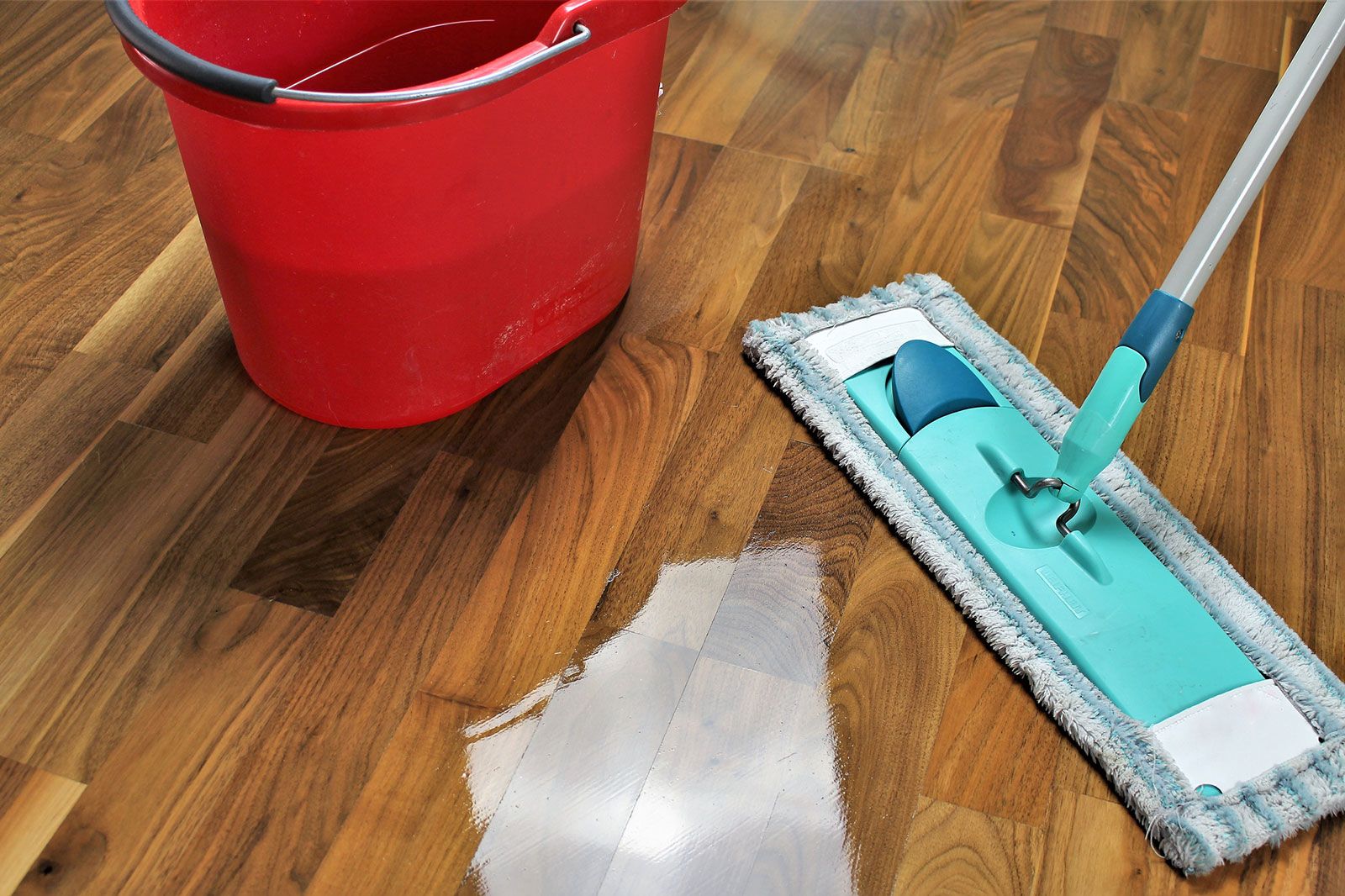“Ugh, my wood floors are a mess!” You’ve said it, we’ve all said it. And the struggle is real. Wood floors can be a joy to behold, but keeping them clean can feel like a constant uphill battle. You’ve probably heard the advice, “Just mop them with vinegar!” But, is it really that simple? Can you safely and effectively clean your wood floors with vinegar? Let’s dive in and find out!

Image: morningchores.com
Vinegar has become a household hero in the world of natural cleaning solutions. Its natural acidity provides a powerful cleaning punch, tackling grime and germs without harsh chemicals. But wood floors are notoriously delicate. They require special care to maintain their beauty and protect them from damage. So, is vinegar a friend or foe when it comes to your precious hardwood?
The Pros and Cons of Using Vinegar on Wood Floors
Let’s break down the reality of vinegar and wood floors. Is it a magic cleaning elixir, or should you be wary?
On the Plus Side:
- Natural Disinfectant: Vinegar truly does boast antimicrobial properties. It can effectively kill common bacteria and germs, making it a safe and natural alternative to harsh disinfectants. This makes it particularly useful for tackling spills or messes that might contain bacteria.
- Gentle on Finishes: Plain, distilled white vinegar is often considered relatively safe for wood floors when used in moderation. It won’t strip away the finish the way some harsh cleaners might.
- Cost-Effective: Vinegar is incredibly affordable and readily available at most grocery stores.
However, There Are Some Caveats:
- Acidity Can Damage: While vinegar is gentler than harsh chemicals, its acidity can still be damaging to certain finishes, particularly if used too often or in a highly concentrated solution. It’s important to test a small, inconspicuous area first to ensure it doesn’t dull or damage the finish.
- Stripping Away Wax: Vinegar can strip away wax and other protective finishes over time. This can leave your floors vulnerable to scratches, stains, and water damage.
- Not for Unfinished Floors: Never use vinegar on unfinished wood floors. The acidity will damage the wood, leading to discoloration and warping.
Using Vinegar Safely: A Step-by-Step Guide
If you’re determined to try vinegar on your wood floors, proceed with caution and follow these steps:
- Dilute It: Never use vinegar straight from the bottle. Always create a diluted solution of one part vinegar to ten parts water.
- Test a Hidden Spot: Choose a small, out-of-the-way area of your floor and apply your vinegar solution to that spot. Wait for it to dry completely, then check for any discoloration, dulling, or damage. If you see any problems, it’s best to avoid vinegar altogether.
- Damp, Not Soaked: Use a damp, but not dripping, mop or cloth. Excessive moisture can seep into the wood and cause damage.
- Clean in the Direction of the Grain: Always clean your wood floors in the direction of the grain. This will prevent scratches and ensure a consistent finish.
- Thoroughly Rinse: After cleaning with your vinegar solution, it’s essential to rinse your floors thoroughly with plain water to remove any lingering vinegar residue.
- Dry Immediately: Always dry your wood floors completely after cleaning. This helps prevent the vinegar from damaging the finish and minimizes risk of mold or mildew growth.
Alternatives to Consider: When Vinegar isn’t the Right Choice
If you’re hesitant about using vinegar on your wood floors, there are other effective cleaning options:
- Wood Floor Cleaners: Many commercial wood floor cleaners are specifically formulated to be gentle on finishes and effective in cleaning. Look for cleaners that are pH neutral and safe for your type of wood floor.
- Mild Soap: You can also use a mild dish soap, such as Dawn, diluted in warm water. Rinse thoroughly after cleaning.
- Microfiber Cloths: Microfiber cloths are excellent for picking up dust and dirt, and they can also be used to clean wood floors with just water.

Image: twobirdsfourhands.com
Expert Advice: Protecting your Wood Floors
Here’s a word of wisdom from experienced wood floor professionals:
“While vinegar might work for some minor clean-ups, it’s not a recommended solution for regular maintenance of your wood floors. For long-term protection, invest in a quality wood floor cleaner and follow a regular cleaning schedule. Don’t forget the importance of polishing your floors periodically to restore their shine and protect them from damage.”
Can I Mop Wood Floors With Vinegar
The Final Word
Wood floors are a beautiful investment. While the allure of natural cleaning solutions is tempting, it’s crucial to approach them with caution. Vinegar might offer a temporary solution for minor cleaning needs, but for proper maintenance and longevity, it’s best to avoid it. Instead, use a specialized cleaner designed for wood floors and follow a regular maintenance routine. This will help ensure your floors shine for years to come. So, put down the vinegar bottle and let your floors live their best life!






